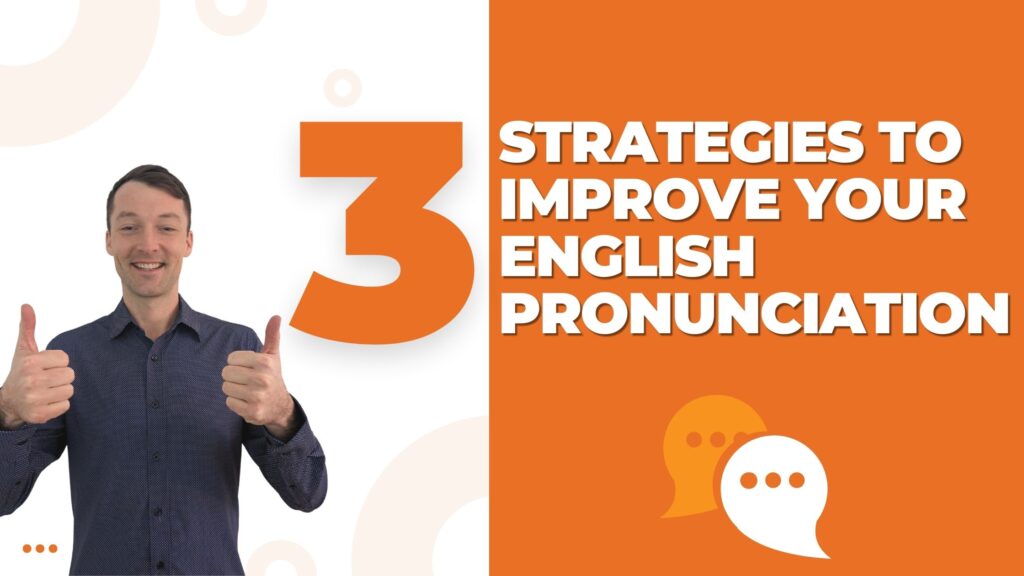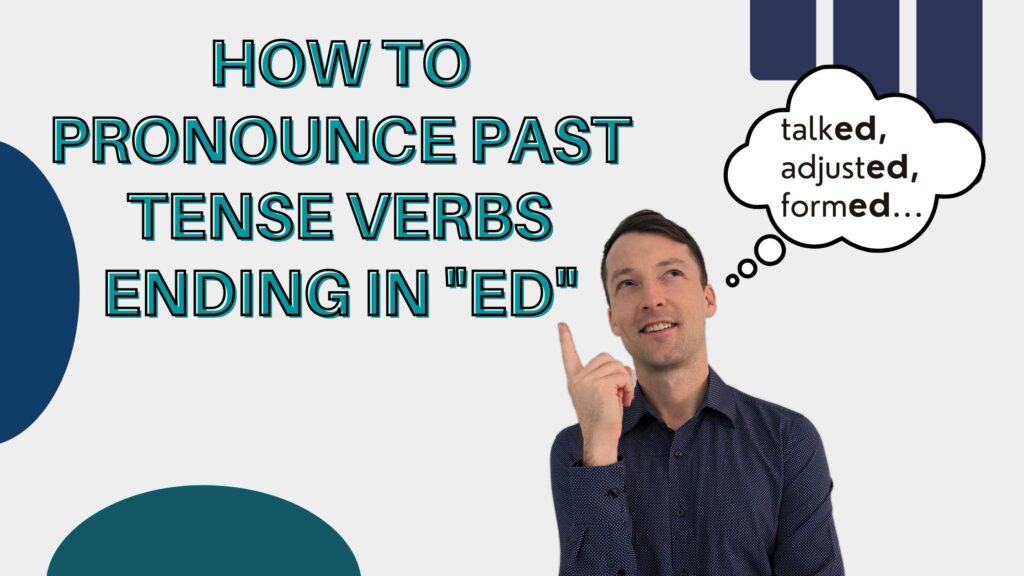Phrasal modal verbs in English are modal verbs with two or more words. Just as some verbs with two words are phrasal verbs (clean up, give away), some modals also have two words. When this happens, we call them phrasal modal verbs. In this posting I talk about 5 types of phrasal modal verbs. In addition, I talk about how to use them.The download at the end will give you more practice using these special types of verbs.
What are phrasal modal verbs?
Phrasal modal verbs contain a simple modal and another verb, and adverb, or a preposition. There are 5 types of phrasal modal verbs: ability, permission, probability, advice, and necessity or obligation.
Phrasal modal verbs of ability
You may be familiar with the simple modal verbs of ability, can and could. In contrast, the phrasal modal verb of ability is be able to. Use this formula to make a statement with this verb. Note the negative and past tense, as well.
subject + phrasal modal verb + base form of the verb
We are able to speak three languages.
I’m not able to drive a truck.
Last year he was able to run a mile in three minutes.
To ask a question, use this formula.
be (am/are/is) + subject + phrasal modal verb + base form of the verb
Are you able to speak more than one language? Yes, I am. No, I’m not.
Phrasal modal verbs of permission
In contrast to the simple modal verbs of permission (can, may), the phrasal modal verb of permission is be allowed to. Like modal verbs of ability, we use the same formula when we make a statement, Like the phrasal modals above, note the negative and the past and future tenses.
The boss said he is allowed to take tomorrow off.
He isn’t (He’s not) allowed to take his birthday off, however.
I wasn’t allowed to take any time off last year.
I wonder if we’ll be allowed to take our birthdays off next year.
Like the previous phrasal modals, we ask a question in the same way.
Is he allowed to take tomorrow off. Yes, he is. No, he isn’t (he’s not).
Phrasal modal verbs of probability
To form the phrasal modal verbs verbs of probability, we expand on the simple modals, may and might. Instead, we say may be able to, might be able to, may be allowed to, or might be allowed to. The formula for making a statement, however, stays the same.
She may be able to come to dinner with us tonight.
He might not be allowed to borrow his father’s car next week.
When we ask a question, however, use will.
Will he be allowed to borrow his father’s car next week? I don’t know. He might.
Phrasal modal verbs of advice
The simple modal of advice is should. There are two phrasal modal verbs of advice, however, ought to and had better. Ought to means the same as should. Had better, though, is a bit stronger. While ought to implies only advice, had better implies that something bad will happen if you don’t follow the advice. Like the other phrasal modals, we use the same formula to make a statement. Again, note the negative of ought to.
You ought to get your car serviced. It’s making funny noises.
You shouldn’t wait. Do it now.
He had better pay his bills on time. He’d better not be late.
Like the simple modals,to ask a question, use should.
Should + subject + base form of the verb
Should he pay his bills tonight. Yes, he’d better!
Phrasal modal verbs of necessity or obligation
You are probably familiar with the simple modal of necessity or obligation, must. There are several phrasal modals of necessity or obligation, however: be supposed to, be obligated to, be going to, have to, and have got to. Like the earlier phrasal modals, those beginning with be all work the same way. As before, note the negative and the past and future tenses in the example sentences.
subject + phrasal modal verb + base form of the verb.
I’m supposed to be at work by 8:00 am every morning. I’m not supposed to be there at 7:00 am, though.
Maria is obligated to send money to her family in Mexico every month.
She wasn’t obligated to do it last year, though.
She will be obligated to send money for many years in the future, however.
We are going to hike for 20 miles in the mountains.
Like the other phrasal modals,to ask a question, we use the same formula as the other phrasal modal verbs with be.
Are you supposed to be at work by 8:00 am? Yes, I am. No, I’m not.
Is she obligated to send money to Mexico. Yes, she is. No, she’s not (she isn’t).
Were you going to hike in the mountains yesterday? Yes, we were. No, we weren’t.
Phrasal modal verbs have to and have got to
The phrasal modal verb have to implies that something may (but not always) be the law. Likewise, have got to means the same as have to. The British often use it, but Americans use it as well, more to show emphasis. Again the formula is the same as with all other phrasal modals. Finally, note the negative and the past tense of have to.
We have to pay our taxes. We don’t have to wait till the last minute.
Last year he had to work late almost every night.
We have got to (We’ve got to) leave now, or we’ll miss our plane.
To ask a question with these verbs, however, use have to. Here is the formula.
do/did + subject + have to (had to) + base form of the verb
Do we have to pay our taxes? Yes, we do. No, we don’t.
Did you have to pay taxes last year? Yes, I did. No, I didn’t.
Do we have to leave now? Yes, we do. No, we don’t.
You now know that phrasal modal verbs are modal verbs with two more more words. Although they have more than one word,they work in very much the same way as simple modals: subject + phrasal modal + base form of the verb. There are 5 types of phrasal modals, ability, permission, probability, advice, and necessity or obligation. Finally, the download will give you additional practice using and understand phrasal modal verbs.
Idioms of the day
- to not know where to turn
–This means that someone does not know how to solve a problem. When Carlos’ boss fired him, he didn’t know where to turn. He didn’t understand why, and, additionally, he didn’t know how to look for a new job.
- no questions asked
–This means that if you did something wrong, but you make things right, no one will ask you why you did it. Someone stole my purse, and I’m very upset. Will the thief please return it? If promise, if you return it, no questions asked.
Study the Phrasal Modal Verbs in English from this lesson with these flashcards




